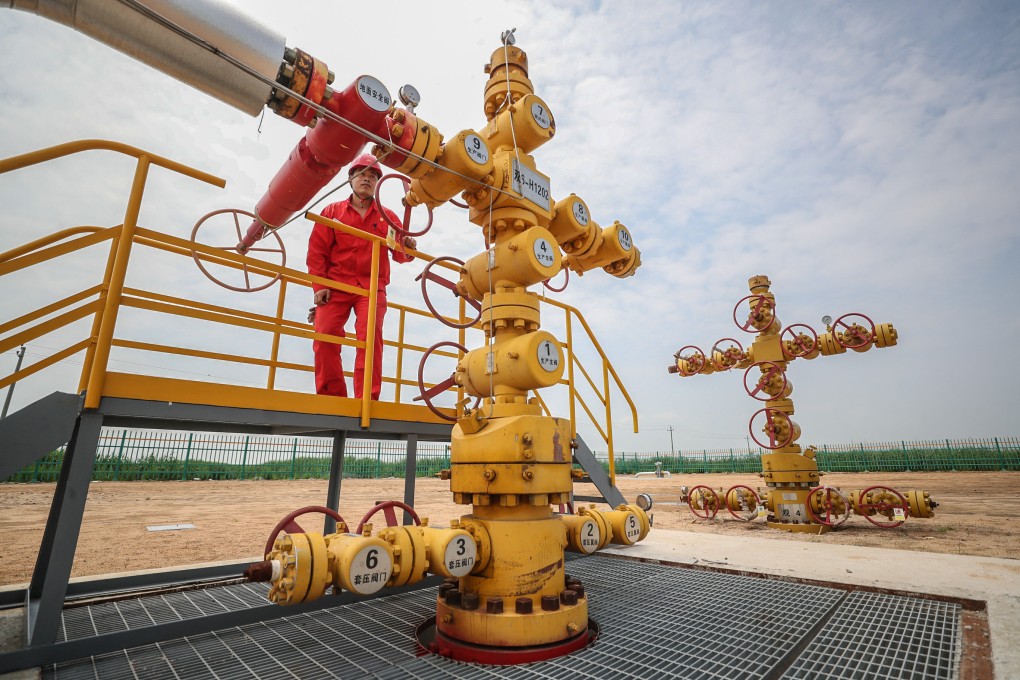Advertisement
Coal-rich, gas-poor China needs more carbon capture and energy storage tech for new power system, analysts say
- China announced last year that it would build a new type of power system featuring a gradual increase in the contribution of renewable energy sources
- To ensure power security under the new system, China must develop more energy storage technologies to keep intermittent wind and solar power supply more stable, analyst says
Reading Time:3 minutes
Why you can trust SCMP
1

Coal-rich and natural gas-poor China must place bigger bets on both carbon capture and energy storage technologies, as it navigates a decarbonisation route that includes a huge renewable energy buildout while ensuring energy security, analysts said.
Given the elevated gas prices sparked by Russia’s invasion of Ukraine, the less carbon-intensive fuel will have limited room to grow and replace coal in power generation in China, the analysts said. Meanwhile, the country’s huge fleet of coal power plants will need to be kept running for extended periods of time, albeit at increasingly lower utilisation rates.
Due to the current small proportion and seasonality of renewable power, China will have to rely on coal power plants to ensure energy security for longer, said Lin Boqiang, director of the China Centre for Energy Economics Research at Xiamen University.
“Coal power plants can be kept while making room for wind and solar power by reducing their utilisation rates. With the proportion of wind and solar power becoming larger, the utilisation rates of coal power plants can be lowered,” Lin said.
China, the world’s largest greenhouse gases emitter and coal consumer, announced last year that it would build a new type of power system featuring a gradual increase in the contribution of renewable energy sources such as solar and wind. The new system will help it reduce its reliance on coal and support the country’s goal to meet carbon neutrality by 2060.
Advertisement